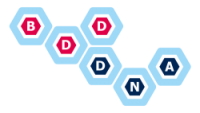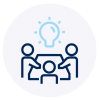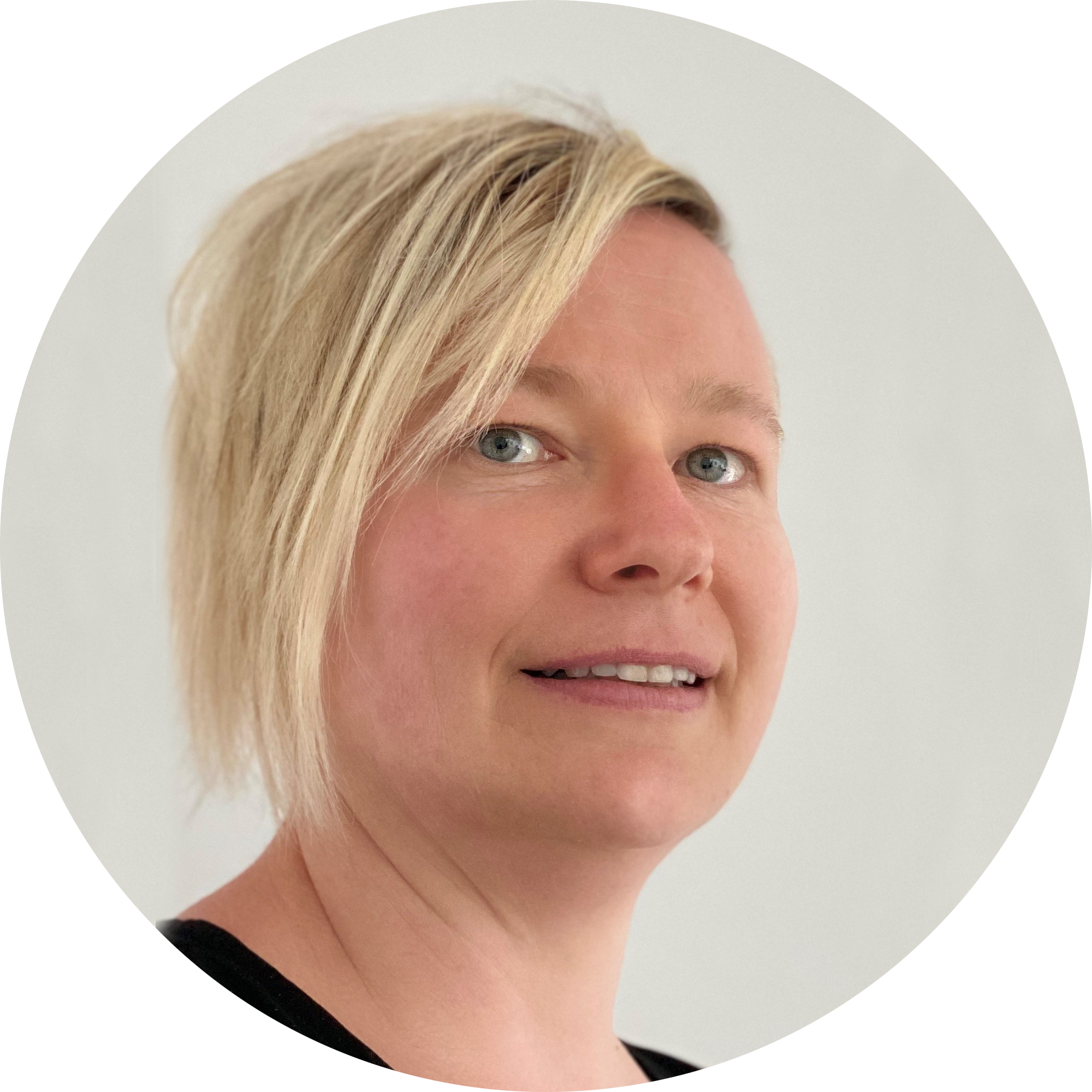Workshops ½ day – 3 days
Following one or more of our workshops on Behaviour-Driven Development (BDD) will be the fastest way to learn all principles of BDD correctly and will provide you with sufficient knowledge on BDD to start using BDD yourself.
Workshop 1: What is BDD (not)?
Duration: ½ day
What is this workshop about?
In this workshop you will be introduced to Behaviour-Driven Development (BDD). In addition to building the software right, you will learn how to also build the right software, that meets the requirements of your client. You will learn why the concept of BDD was established and how it has evolved since it was first coined. The core concepts of BDD will be explained thoroughly and you will not only be able to understand what BDD is, but also what it’s not. BDD, for example, is not a tool, but rather a set of practices aiming to improve collaboration and communication among all members of the team (i.e. product owner, developer, testers, etc.) with the aim of discovering the unknown and reducing misunderstandings. Lastly, you will learn how you can use BDD in your own projects, based on your own maturity level, with the help of our custom BDD matrix.
Who is this workshop for?
Everyone who is involved in software development:
- Management
- Business analyst
- Developer
- Tester
- Product owner
What will be covered?
- The background of BDD
- The core of BDD
- The benefits and drawbacks of BDD
- The misconceptions about BDD
- The pitfalls of BDD
- The ideal BDD workflow
- The custom BDD matrix
Objective of this workshop
After this workshop, you will have a good understanding of what BDD exactly is and you’ll know if BDD is a good fit for your organisation. The workshop will provide you with a correct mindset for using BDD in your own projects and is the ideal preparation for our second workshop.
Workshop 2: The BDD workflow
Duration: 1+½ days
What is this workshop about?
In this workshop you will discover how you can integrate BDD into your development process. The main goal of BDD is better communication and collaboration between all the roles of the development team (product owners, business analysts, testers and developers). How you can achieve this is covered in this workshop.
BDD consists of three phases: Discovery, Formulation and Automation. Each phase will be discussed in depth aiming to build the right software the first time through better communication and collaboration. In the Discovery phase we will learn you to capture the functional requirements through the technique of example mapping sessions. The next phase is the Formulation phase where you will learn writing scenarios in Gherkin based on the examples of the Discovery phase. Having formulated and reviewed the scenarios, we will teach you how you can automate them with Cucumber Open in the Automation phase. As a result of the automated scenarios you also have living documentation for the whole team about the status of the application you are building.
Who is this workshop for?
Everyone who is involved in software development:
- Management
- Business Analyst
- Developer
- Tester
- Product owner
What will be covered?
- The three phases of BDD:
- Discovery
- Formulation
- Automation
- The custom BDD matrix for integrating BDD into your development process
- The three amigo’s workshop with example mapping sessions
- Writing specifications/scenarios in Gherkin
- A cookbook with best practises for writing good specifications/scenarios
- Making specifications/scenarios executable with Cucumber Open
- Living documentation
Objective of this workshop
After this workshop, you will have a good understanding of the BDD workflow in depth. You will know how you can do good example mapping sessions, write good scenarios, automate the scenarios with Cucumber Open and have living documentation about the software that your team is building.
Workshop 3: Automation with BDD
Duration: 1 day
What is this workshop about?
In this workshop you will be introduced how you can use and automate the scenarios. More in detail we will discuss how you can make them executable on the different levels of the test pyramid: unit, service and UI level. We will explain best practices in automating scenarios with Cucumber Open. We will also show you some other important tools that can help you to integrate BDD in your development process: AssertThat & Cucumber for Jira and Serenity for living documentation.
Who is this workshop for?
Everyone who is involved in software development:
- Developer
- Tester
What will be covered?
- How can I use scenarios for the different levels of testing of the test pyramid
- Best practices for automating scenarios
- Tools:
- Cucumber Open
- AssertThat & Cucumber for Jira
- Serenity
Objective of this workshop
After this workshop, you will have a good understanding of how you can automate scenarios with Cucumber Open for the whole test pyramid and you know some important tools that help you integrate BDD in you development process.
Elke Steegmans
Instructor Workshop 1+2+3
Elke has been instructing Cucumber workshops in the past, training developers and testers to become familiar with test automation with Cucumber. She also has numerous years of experience lecturing the course “Testing” at UCLL.
Frederik Thielemans
Instructor Workshop 1+2
Frederik is a researcher at UCLL, he was one of the team members on the FirstTimeRight-project, researching how to utilize BDD in order to improve the communication between business and IT. He divides his time with other research projects, instructing BDD workshops, and lecturing the course “Testing” at UCLL.
David Vandenbroeck
Instructor Workshop 1+2
David has researched how to maximise the benefits of BDD, based on the available time and resources. He has a background in communication sciences and is a passionate researcher in the field of information and communications technology.
Nicolas Lauwereys
Instructor Workshop 3
Nicolas was involved in the FirstTimeRight-project as a developer, working on experimental cases and researching different BDD tools. He does not only write Gherkin, he also thinks in Gherkin.
Wannes Fransen
Instructor Workshop 3
Wannes was involved in the FirstTimeRight-projects, doing research on different usages of BDD in different situations. As a prolific user of Elixir, he missed being able to integrate Gherkin into his projects, so he wrote a Gherkin parser for Elixir.
Workshop registration
Info
Geldenaaksebaan 335
3001 Leuven, Belgium
+32 472 86 61 50
info@BDD-DNA.com
Workshop registration







